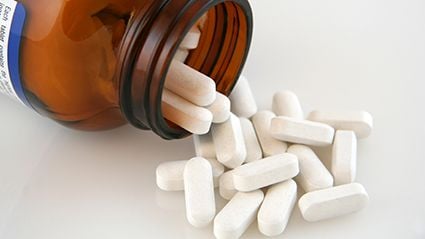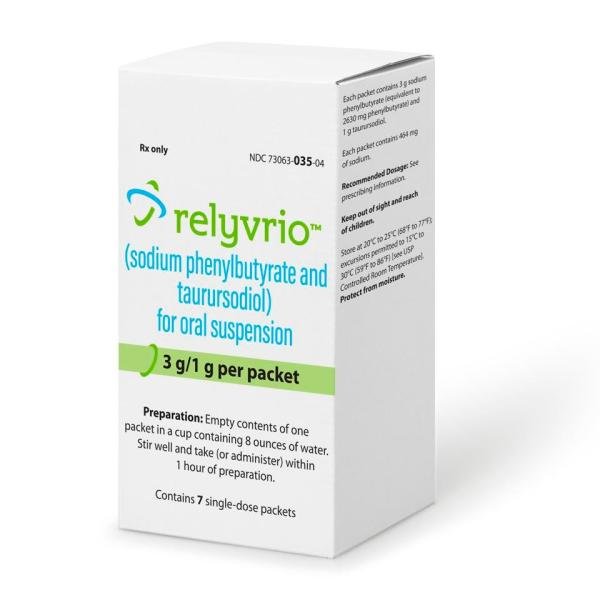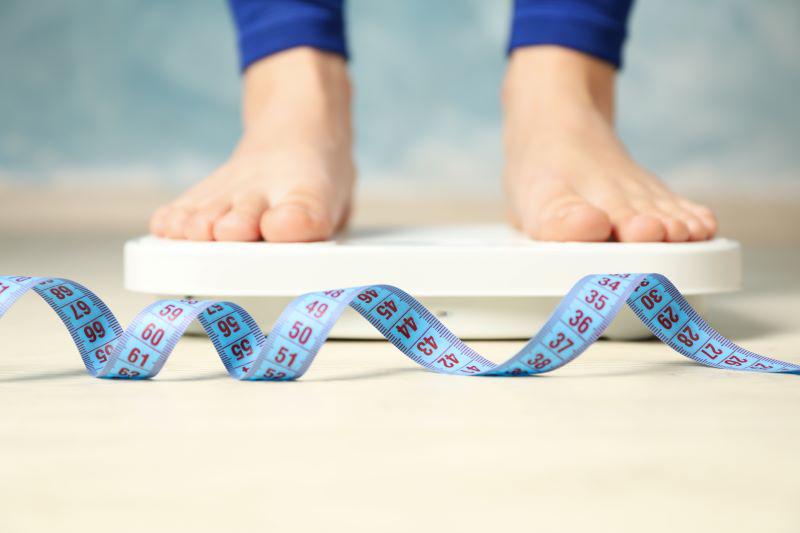
The blockbuster weight-loss medication Zepbound (tirzepatide) appears to help folks quickly shed pounds regardless of how overweight they are, or how long they’ve lived being overweight or obese. Those are the findings of two separate analyses of a major trial of the injected drug that was funded by maker Eli Lilly. “Regardless of baseline BMI,… read on > read on >






























